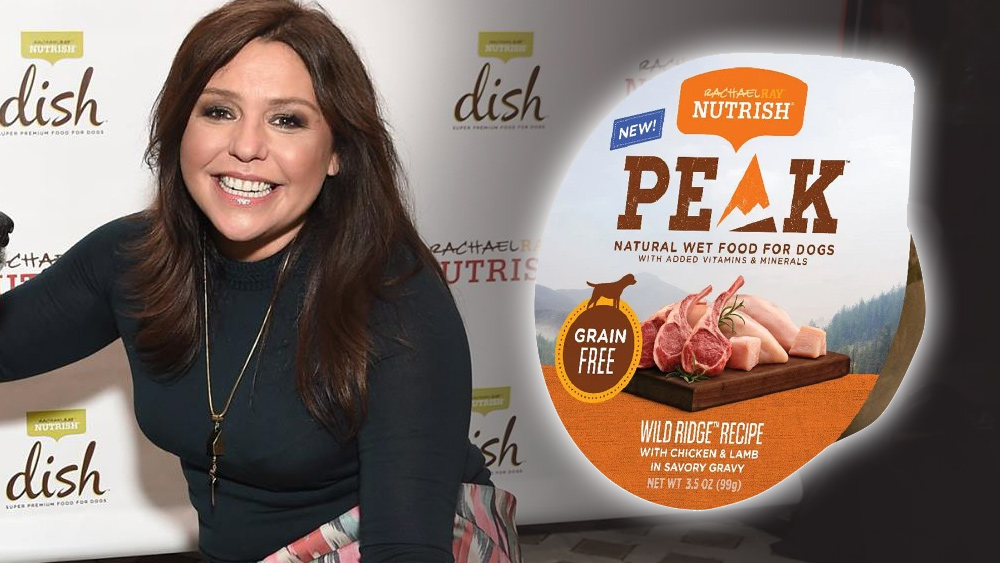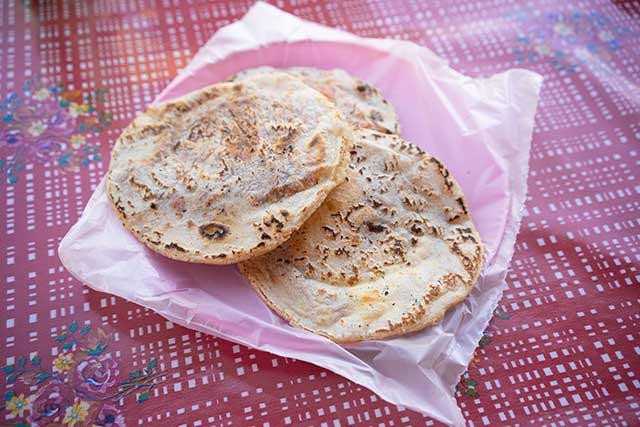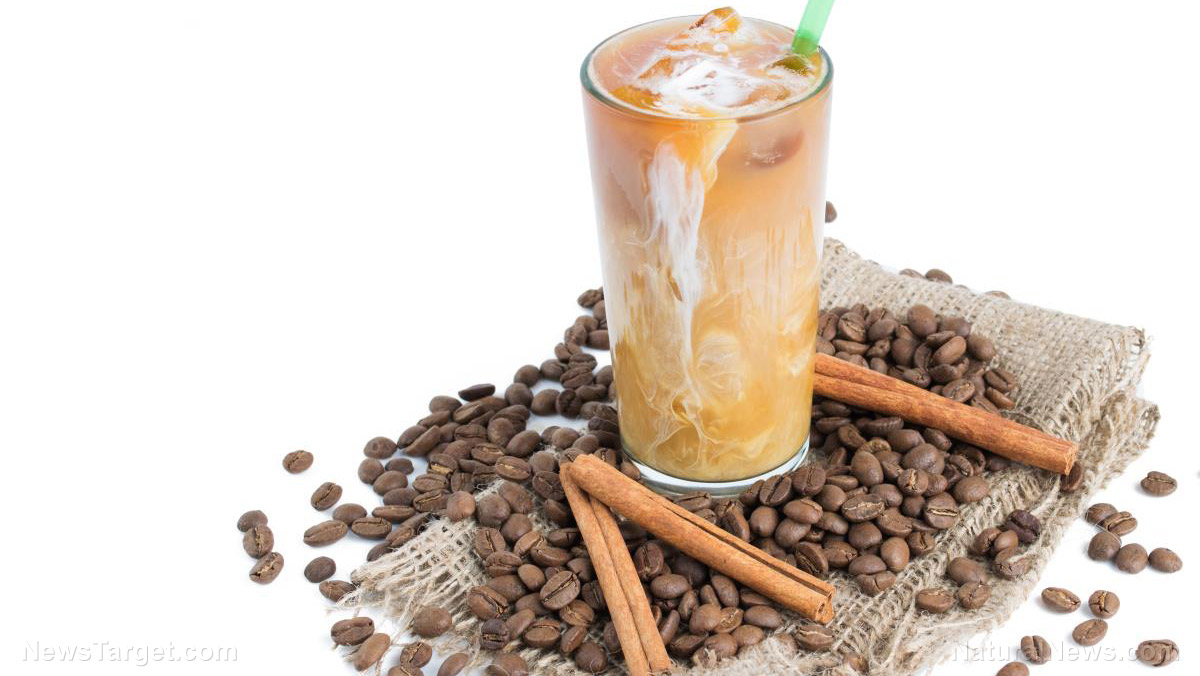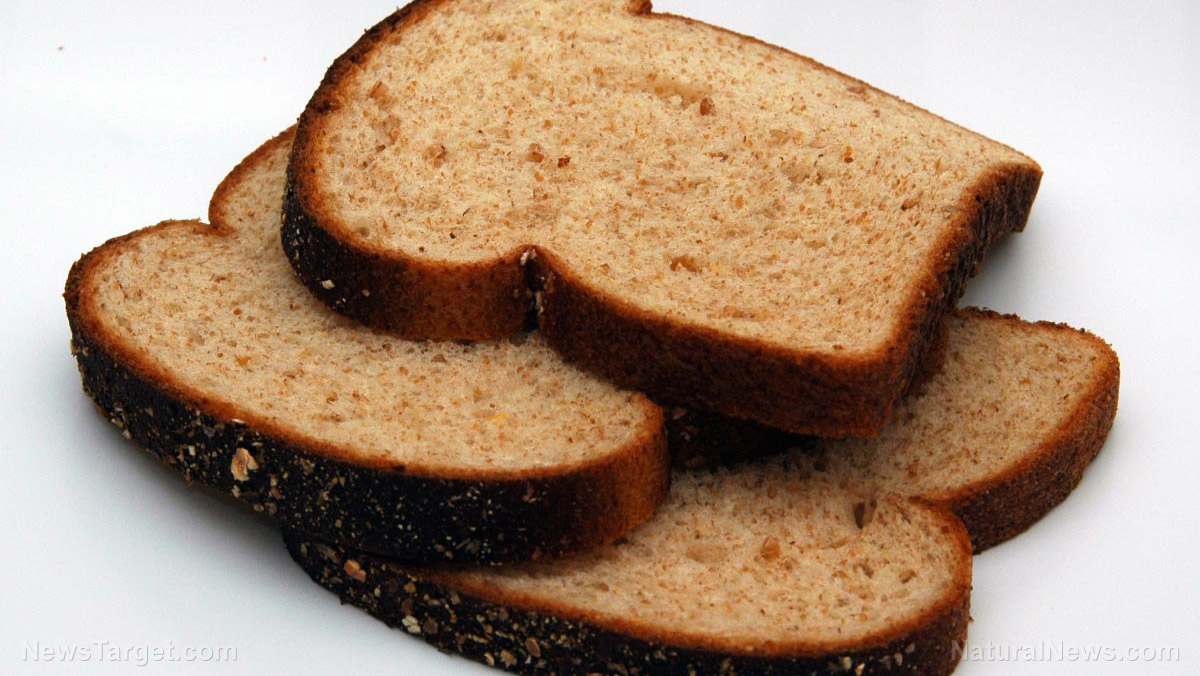Burger King buys animal feed from soybean plantations that burn rainforests to the ground
03/05/2017 / By Lance D Johnson
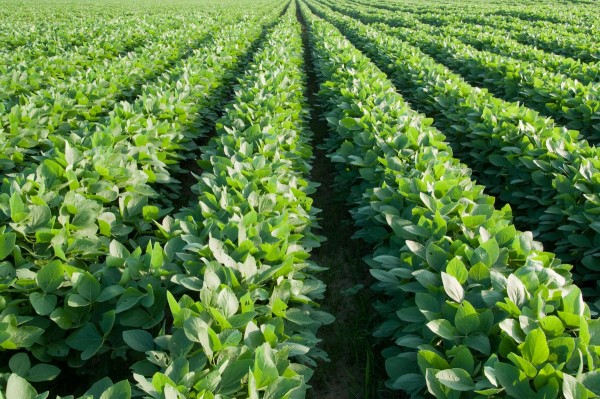
Tropical rain forests are being deliberately burned to the ground and cleared away by hundreds of thousands of acres to make way for soybean plantations. Brazil and Bolivia have been hit the hardest. Animals such as the sloth, mighty jaguar, and giant anteater are disappearing in record numbers.
According to a new investigative report by Mighty Earth, fast food chain Burger King sources their animal feed from these soy plantations, which are responsible for the disappearance of approximately 1,729,738 acres of beautiful Bolivian and Brazilian rain forest land. Between 2011 and 2015, Bolivia’s lowland forests and the Brazilian Cerrado have been burned down by local farmers to make way for Burger King’s top two suppliers of soy. The mass burning also releases tons of carbon emissions into the atmosphere. (RELATED: For more investigative reports, see RealInvestigations.News.)
Burger King’s suppliers, Bunge, and Cargill, are responsible for tearing up rain forests
Burger King, owned by Brazilian investment firm, 3G Capital, won’t disclose their sources, but thanks to satellite imaging, aerial drone footage, supply chain mapping, and rigorous field research, investigators have been able to document the well-planned forest burning operations that have made way for the soy plantations.
Commodities data, provided by the Stockhold Enterprise Institute, reveals that Burger King is buying their soy directly from Bunge’s soy fields, which have taken over the forest floor of the Brazilian Cerrado.
Sharon Smith, a tropical forests manager at the Union of Concerned Scientists, rebuked Burger King: “Burger King is one of the world’s largest fast food companies, but consistently ranks last in the industry when it comes to environmental protection policies. The fast food giant needs to follow its competitors like McDonald’s and demand that its suppliers are not destroying tropical forests as part of their business model.”
Deforestation in Brazil is now outpacing that of the Amazon. In 2015, 1.5 million hectares of land were cleared away in Brazil. In 2016 another 2 million hectares of beautiful rain forest went up in smoke. As it stands, more than half of the natural vegetation has been cleared away in the Brazilian Cerrado. In Bolivia, the pace of deforestation has gone from a steady 667,000 hectares per year in the early 2000s to approximately 865,000 hectares each year, as of late. There’s no stopping the carnage.
Mighty Earth’s CEO, Glenn Hurowitz, spoke out against Burger King in a statement. “The connections are quite clear. Bunge and Cargill supply Burger King and other big meat sellers with grain. McDonalds, Subway, and KFC are not perfect but they’re doing a hell of a lot more to protect the forests. If Burger King does not respond immediately to people who want to know where their food comes from, then people should shop elsewhere.”
Cargill also exerts major influence over Burger King, sponsoring their convention in 2015 and padding Burger King’s wallet with a five figure donation to their McLamore Foundation in 2014. Cargill plays a major role in supplying Burger King’s poultry, which will soon come out of a new Philippines poultry processing plant. Soy is the main food used to fatten up the livestock. Under pressure from investors, Cargill stressed they would like to reduce incidences of deforestation by 50 percent by 2020. They hope to eliminate deforestation from their supply chain altogether by 2030.
One can only wonder: will there be any forest left by then?
Follow more news about the fast food industry as FastFood.news.
Sources include:
Tagged Under: Burger King, deforestation, soy plantations





